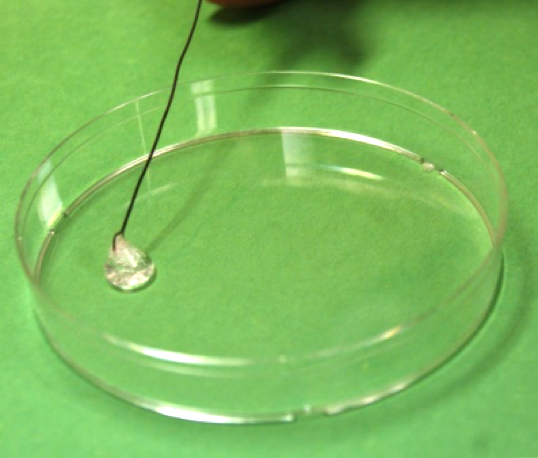 Milk Quality Laboratory
Milk Quality Laboratory
The Milk Quality Laboratory (MQL) performs microbiological testing in compliance with National Mastitis Council (NMC) guidelines and the Food and Drug Administration (FDA) principles of Good Laboratory Practices (GLP). The goal of the MQL is to provide high quality laboratory services to dairy veterinarians, producers and other industry professionals. MQL’s strengths are in milk culturing and bacterial identification.
They also identify bovine Mycoplasma to the species level with Fluorescent Antibody Stains and perform Antibiotic Sensitivity testing using the Kirby-Bauer method.
Milk Quality Laboratory Facts:
- Full service bacteriology lab
- Performs routine milk samples for:
- Local and out-of-state dairies
- Local creameries
- More than 50,000 samples cultured per year
- Evaluate 3 cultures for each sample
- Bovine Blood Agar
- Mycoplasma direct plate
- Mycoplasma enrichment broth plate
- Organism identification to the genus and species level as needed
- All lab procedures must be approved by a veterinarian and results sent directly to the veterinarian unless otherwise specified
- Collaborates on faculty and student research projects
- Performs contract and collaborative work for product approval and registration in the
U.S. and Europe
High School Internship Program
The Milk Quality Laboratory High School Internship Program started in 1997. The program is offered only to Tulare high schools as part of their community service program. Students attend during a scheduled class period and receive a pass or fail grade at the end of the semester. The program is designed to expose high school seniors, who are interested in biomedical, agricultural, and animal science fields, to medical microbiology and applied animal health diagnostics. Student interns work with diagnostic laboratory technicians and learn skills and laboratory techniques used in microbiology, food animal research and veterinary medicine. The program exposes the students to a diverse range of activities and allows them to develop responsibility, maturity, and good work ethics. Two to four students per year complete the internship program.
In addition to working in the laboratory during the internship, students also have the opportunity to observe clinical veterinary services provided on-farm to local herds.
Note: Since 1999, many of our high school interns have continued their career in the agriculture and animal science field. At least two have gone into veterinary medicine and have become veterinarians. We also have an alumni who is a PhD in animal nutrition, and another is a sales associate for an Ag based company.
VMTRC Milk Quality Laboratory
18830 Road 112
Tulare, CA 93274
559-688-1731 x247
